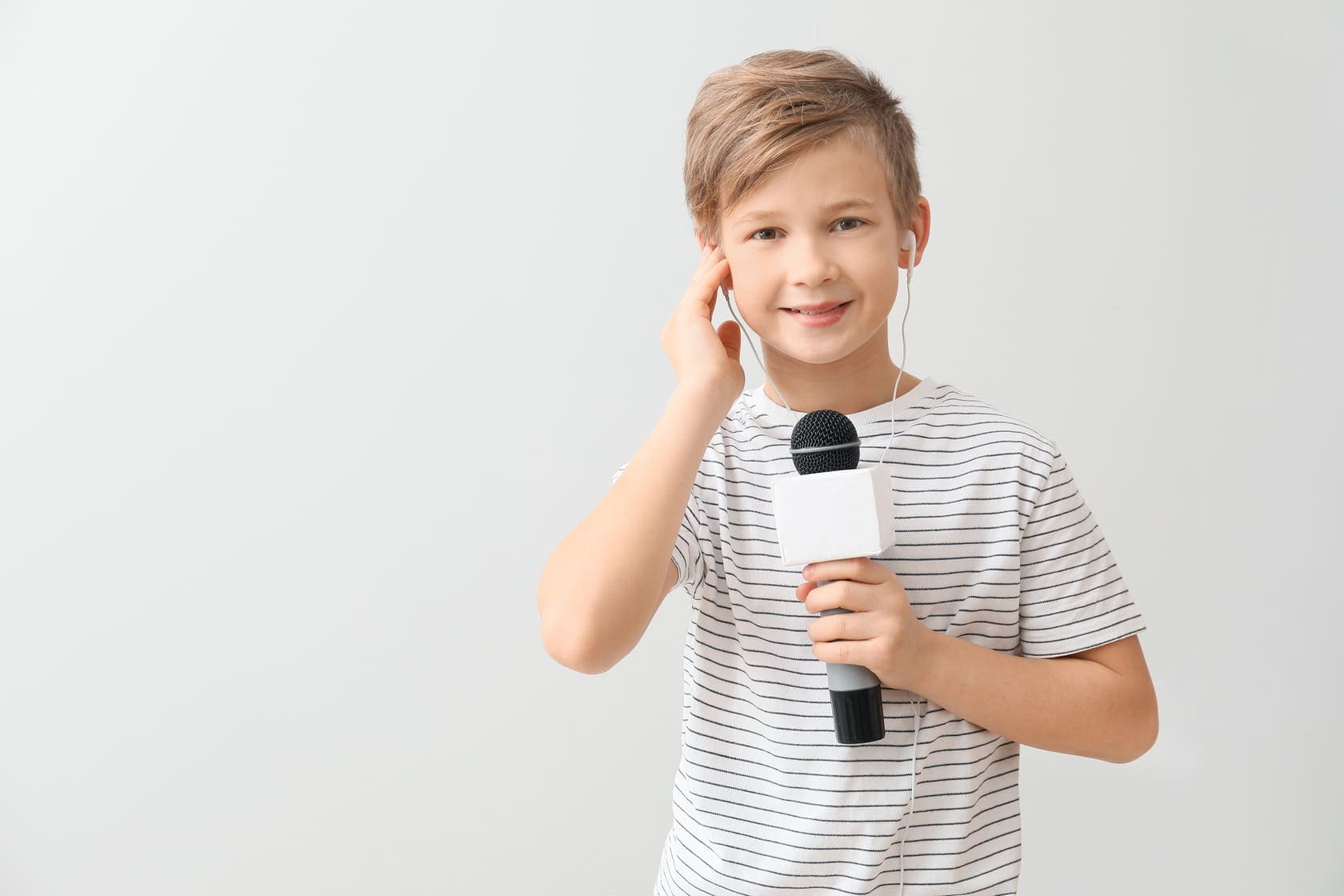What is a Speech Assessment?
February 1, 2025

If you’re curious about how speech therapists understand a child's communication skills, speech assessments are an essential part of the process. These assessments help identify strengths and areas where a child may need extra support. Let’s break it down!
What is a Speech Assessment?
A speech assessment is a formal test used to measure a child’s speech and language abilities in a consistent way. This means every child takes the test in the same manner, making it easier to compare their results with others. Speech-language pathologists (SLPs) use these assessments to see how a child is doing compared to their peers.
Speech assessments look at different areas of communication, such as:
- Receptive Language: How well a child understands spoken language.
- Expressive Language: How well a child can share their thoughts and ideas.
- Articulation: How clearly a child pronounces words.
- Social Communication: How a child uses language in social situations.
Why Are Speech Assessments Important?
Speech assessments are important for several reasons:
- Spotting Issues Early: They can help find speech and language delays early on, allowing for timely support. The sooner a child gets help, the better.
- Personalised Support: The results provide insights into a child’s strengths and weaknesses, enabling SLPs to create tailored therapy plans that suit their specific needs.
- Tracking Progress: Regular assessments allow therapists to check how well a child is improving over time, ensuring that the support provided is effective.
- Helping Parents and Teachers: The results can be shared with parents and teachers, making it easier for everyone to work together to support the child.
What Happens After the Assessment?
Once the speech assessment is complete, the results are carefully reviewed, and a report is created. This report usually includes:
- Score Explanation: A breakdown of how the child’s scores compare to others their age.
- Next Steps: Suggestions for therapy options, activities to do at home, or ways to collaborate with teachers.
- Follow-Up Plans: Guidance on whether more assessments are needed or if therapy should begin.
Speech assessments are vital tools in speech therapy. They provide valuable insights into a child’s communication skills, helping identify needs and track progress. If you have concerns about your child's speech or language development, talking to a speech-language pathologist about speech assessments can be a great step. Early intervention can make a real difference, and these assessments play a key role in that journey!
What is a Speech Assessment?
A speech assessment is a formal test used to measure a child’s speech and language abilities in a consistent way. This means every child takes the test in the same manner, making it easier to compare their results with others. Speech-language pathologists (SLPs) use these assessments to see how a child is doing compared to their peers.
Speech assessments look at different areas of communication, such as:
- Receptive Language: How well a child understands spoken language.
- Expressive Language: How well a child can share their thoughts and ideas.
- Articulation: How clearly a child pronounces words.
- Social Communication: How a child uses language in social situations.
Why Are Speech Assessments Important?
Speech assessments are important for several reasons:
- Spotting Issues Early: They can help find speech and language delays early on, allowing for timely support. The sooner a child gets help, the better.
- Personalised Support: The results provide insights into a child’s strengths and weaknesses, enabling SLPs to create tailored therapy plans that suit their specific needs.
- Tracking Progress: Regular assessments allow therapists to check how well a child is improving over time, ensuring that the support provided is effective.
- Helping Parents and Teachers: The results can be shared with parents and teachers, making it easier for everyone to work together to support the child.
What Happens After the Assessment?
Once the speech assessment is complete, the results are carefully reviewed, and a report is created. This report usually includes:
- Score Explanation: A breakdown of how the child’s scores compare to others their age.
- Next Steps: Suggestions for therapy options, activities to do at home, or ways to collaborate with teachers.
- Follow-Up Plans: Guidance on whether more assessments are needed or if therapy should begin.
Speech assessments are vital tools in speech therapy. They provide valuable insights into a child’s communication skills, helping identify needs and track progress. If you have concerns about your child's speech or language development, talking to a speech-language pathologist about speech assessments can be a great step. Early intervention can make a real difference, and these assessments play a key role in that journey!
